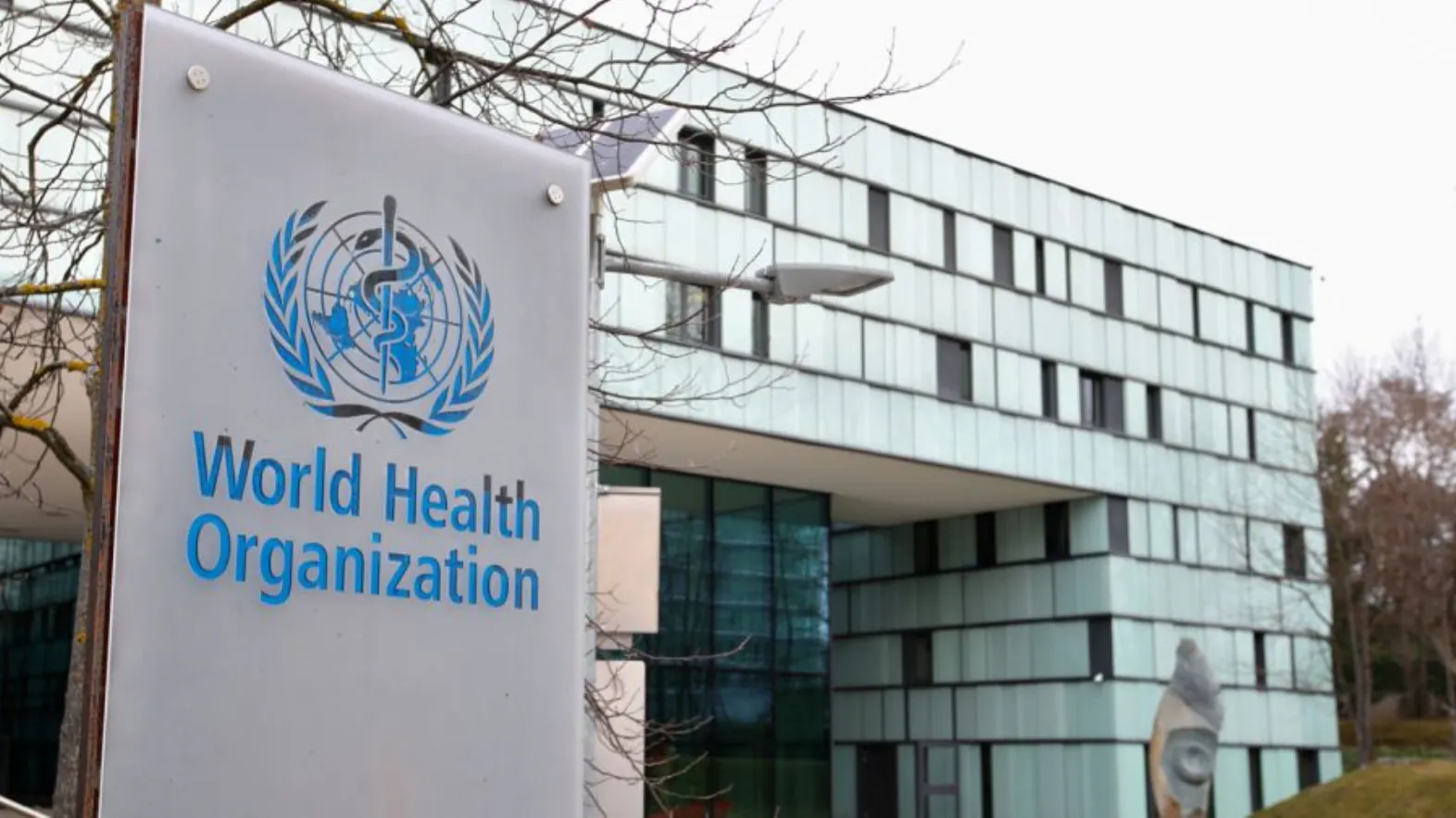WHO Approves Cecolin® for HPV Vaccination to Combat Cervical Cancer

Cecolin® Approval and Its Significance
The World Health Organization (WHO) has prequalified Cecolin®, a human papillomavirus (HPV) vaccine, for a single-dose usage that will significantly contribute to cervical cancer prevention.
Impacts on Vaccine Accessibility
This vital approval aligns with WHO's recommendations for streamlining HPV vaccination, aiming to provide broader access to girls worldwide. A statement from WHO emphasized that this milestone could greatly improve the sustainable supply of HPV vaccines.
Cervical Cancer Elimination Strategy
- Dr. Tedros Ghebreyesus, WHO’s Director-General, highlighted that cervical cancer is uniquely preventable.
- He stated that more than 95% of cervical cancer cases are HPV-related, with deaths predominantly occurring in low- and middle-income countries.
- The introduction of Cecolin® brings the possibility of reducing cervical cancer incidences significantly.
Challenges and Solutions
In light of ongoing supply shortages of HPV vaccines, WHO has noted the importance of diversifying options available to countries. This move aims to alleviate constraints that have, in the past, hindered the reach of HPV vaccinations.
Global Health Funding Efforts
In 2024, global health partners pledged significant funding, totaling nearly $600 million, to boost HPV vaccination rates and support cervical cancer elimination initiatives.
Disclaimer: The information provided on this site is for informational purposes only and is not intended as medical advice. We are not responsible for any actions taken based on the content of this site. Always consult a qualified healthcare provider for medical advice, diagnosis, and treatment. We source our news from reputable sources and provide links to the original articles. We do not endorse or assume responsibility for the accuracy of the information contained in external sources.
This article was prepared using information from open sources in accordance with the principles of Ethical Policy. The editorial team is not responsible for absolute accuracy, as it relies on data from the sources referenced.